Nutrition directly impacts how you perform, recover, and compete on the ice. From fueling explosive sprints to speeding up post-game recovery, what hockey players eat affects everything — strength, endurance, focus, and injury risk.
This breakdown explains exactly how nutrition supports high-intensity hockey, what to eat before and after games, and how to structure your meals and hydration to stay at your best — whether you’re in training, mid-season, or on tournament travel.

TL;DR
- Eat high-carb, moderate-protein meals 3–4 hours before games
- Hydrate with water and sports drinks before, during, and after play
- Recover with 20–30g protein and 1–1.5g/kg carbs within 30 min post-game
- Use supplements only when necessary and third-party certified
- Support long-term performance with off-season and gut health strategies
Energy Requirements in Ice Hockey
Ice hockey is a high-intensity, intermittent sport that engages all three energy systems — ATP-PC for explosive bursts, glycolytic for sprints and shifts, and oxidative for recovery between plays. A single 60–90 minute session can burn 600 to 1,200+ calories, depending on player position and game intensity.
The table shared below provides estimates of the energy requirements and recommended macronutrient distribution for different activities in ice hockey.
| Activity | Calories per Hour | Calories per 90-Min Game | Carbs (g) | Fats (g) | Protein (g) |
|---|---|---|---|---|---|
| Skating (moderate) | 400–500 | 600–750 | 45–60 | 10–15 | 15–20 |
| Skating (vigorous) | 600–800 | 900–1200 | 60–90 | 15–20 | 20–30 |
| Shooting and Passing | 300–400 | 450–600 | 30–45 | 10–15 | 10–15 |
| Checking and Bodychecking | 600–800 | 900–1200 | 60–90 | 15–20 | 20–30 |
| Goalkeeping | 400–500 | 600–750 | 45–60 | 10–15 | 15–20 |
To meet this energy demand, the general macronutrient distribution for hockey players is:
-
45–65% carbohydrates for energy
-
10–35% protein for recovery and muscle repair
-
20–35% fats for endurance and hormone balance
Macronutrients in Ice Hockey
Hockey players rely on a precise balance of carbohydrates, protein, and fats to fuel their bodies and sustain peak performance. Here’s how these nutrients contribute — and how much to aim for based on your weight and training load.
| Macronutrient | Target Intake (g/kg/day) | Role in Hockey Performance | Top Food Sources |
|---|---|---|---|
| Carbohydrates | 5–12 g/kg | Main energy source for shifts, speed bursts, and endurance | Whole grains, pasta, fruit, oats, sports drinks |
| Protein | 1.6–1.7 g/kg | Supports muscle recovery, strength, and immune function | Chicken, fish, dairy, beans, tofu, protein shakes |
| Fats | 1.5–3.0 g/kg | Helps with long-term energy, cell health, and hormone regulation | Avocados, seeds, olive oil, salmon, nuts |
🧬 Gut Health Tip: A healthy gut supports better nutrient absorption, immune function, and athletic recovery. Include fiber-rich foods like oats, berries, and lentils, along with fermented options such as yogurt and kefir. Avoid excessive use of NSAIDs or antibiotics without medical guidance to protect your microbiome.
Practical Daily Intake Example for an 180 lb (82 kg) Player
-
Carbohydrates: 10–11 servings (≈490g/day)
-
Protein: 5–7 servings (≈165–175g/day)
Examples:
-
1 bagel = 2 carb servings
-
1 can of tuna = 2 protein servings
-
1 smoothie (banana, milk, protein powder) = protein + fruit + carb combo
-
1 handful of pumpkin seeds = 2 fat servings
📌 Tip from Lyndsay Foisey, Kinesiologist:
Before resistance training, aim for 15–20g of protein and 25g of carbs; after training, recover with 20g protein and at least 50g carbs within 30–60 minutes.
This balance of daily fueling and timing can help maintain energy on the ice while supporting off-ice recovery and muscle development
Micronutrients in Ice Hockey
While macronutrients fuel performance, micronutrients support everything behind the scenes: bone health, energy production, immune resilience, and nerve function. Deficiencies in iron, vitamin D, and calcium are particularly common among hockey players — especially in cold-weather regions or during intense training phases.
| Micronutrient | Why It Matters | Best Sources |
|---|---|---|
| Vitamin C | Repairs tissue and supports immune health | Citrus, berries, broccoli |
| Calcium | Builds strong bones, aids in nerve signaling | Milk, cheese, leafy greens |
| Vitamin D | Aids calcium absorption and immune support | Sunlight, salmon, fortified milk |
| Iron | Helps carry oxygen in blood and prevent fatigue | Red meat, legumes, fortified cereal |
| Magnesium | Regulates nerve/muscle function and energy use | Nuts, seeds, whole grains |
| B Vitamins | Convert food into energy, support mental focus | Whole grains, meat, eggs, dairy |
| Zinc | Strengthens immunity and aids in wound healing | Shellfish, seeds, poultry |
What do hockey players eat to get these nutrients?
A diverse diet built around whole foods, with an emphasis on leafy greens, lean protein, fortified dairy, and occasional supplements under professional supervision, is key.
🧬 Gut Health Tip: A healthy gut supports better nutrient absorption, recovery, and immunity.
Include high-fiber foods (oats, berries, lentils), fermented foods (yogurt, kefir), and avoid overuse of NSAIDs or antibiotics without guidance.
Nutrition Strategies in Ice Hockey
Proper nutrition doesn’t start and end with what’s on the plate — it’s about when, how, and why food and fluids are consumed. Ice hockey demands high energy output, fast recovery, and mental focus, all of which are influenced by timing and structure of meals, hydration, and supplementation. Below are four key nutrition strategies tailored for hockey players:
- Pre-Game Nutrition
- Post-Game Recovery
- Hydration Plan
- Supplementation (if needed)
Pre-Game Nutrition: What to Eat Before a Hockey Game
Hockey players should take their pre-game meal 3-4 hours before the game. The meal should include carbohydrates, protein, and fat. A turkey sandwich on whole-grain bread, grilled chicken with brown rice and veggies, or spaghetti with tomato sauce and a salad are all good pre-game food alternatives. Snacking before the game can also help maintain energy levels during the game. Good pre-game snack options include fruit, granola bars, or yogurt. It’s also essential to stay hydrated before the game by consuming water or sports drinks.
Pre-Game Meal Targets:
- Carbs: 3–5 servings (e.g., pasta, rice, bagels, fruit, sports drinks)
- Protein: 1–2 servings (e.g., chicken breast, beans, milk)
- Fat: Minimal (avoid fried foods, greasy meats)
Sample Meal:
- Grilled chicken + brown rice + steamed vegetables
- Turkey sandwich + banana + sports drink
- Pasta with tomato sauce + low-fat yogurt
Less than 1 hour before game:
- ½ sports drink or piece of fruit (if tolerated)
During warmups or intermissions:
- Mix water with a carbohydrate-based sports drink. Aim for ⅓ bottle every 20 minutes (Foisey).
| Strategy | Importance | Recommendations |
|---|---|---|
| Hydration | Prevents early fatigue, boosts endurance | 16–24 oz water or sports drink before game |
| Carbohydrates | Fuels muscles for sprints and shifts | High-carb meals/snacks 24 hrs before game |
| Protein | Helps preserve muscle mass and repair tissue | Include moderate protein with main meal |
| Timing | Ensures digestion and energy availability | Main meal 3–4 hrs before, snack 30–60 mins before |
| Avoid high-fat/fiber | Prevents stomach discomfort | Skip greasy, sugary, or spicy food pre-game |
In-Game Fueling: What to Consume During Hockey Games
Even in shorter games, refueling between periods helps maintain energy and mental sharpness. Here’s a practical approach for fueling mid-game:
- Every 20 minutes: Drink 5–10 oz of a carbohydrate-based sports drink
- Intermission snacks (if tolerated): Small banana, energy chews, diluted fruit juice
💡 Foisey’s Tip: Mix water with sports drinks to maintain hydration without overwhelming the stomach. Start practicing this during training — don’t experiment on game day.
Post-Game Nutrition: Refuel and Recover
The 30–60 minute window after a game is crucial for restoring energy and repairing muscle. Players should consume a meal rich in carbohydrates and protein as soon as possible, followed by a balanced meal within 2 hours.
Post-Game Refueling Guidelines:
- Carbs: 1–1.5 g/kg body weight within 30 min
- Protein: 20–30g within 30 min
- Fluids: 20–24 oz per pound of weight lost
Example Recovery Meals:
- Chicken wrap + chocolate milk + fruit
- Protein shake + peanut butter sandwich + banana
- Pasta + salmon + cooked veggies
| Nutrition Strategy | Importance | Recommendations |
|---|---|---|
| Rehydration | Replenishes fluids lost during game | Drink 20-24 oz per lb lost |
| Carbohydrate replenishment | Restores glycogen stores for recovery | Consume 1-1.5 g carb/kg body weight within 30 min of game, and continue with meals/snacks |
| Protein intake | Aids muscle recovery and growth | Consume 20-30 g protein within 30 min of game, and continue with meals/snacks |
| Healthy fats | Provides anti-inflammatory benefits | Consume healthy fats (nuts, seeds, avocado, olive oil) in moderation with meals/snacks |
| Electrolyte replacement | Replaces lost electrolytes | Consume sports drinks or electrolyte tablets |
| Timing of meals | Optimize recovery window | Consume meals/snacks within 2 hours of game |
Off-Season Nutrition Focus
The off-season is a chance to rebuild, rebalance, and prep for next year. Nutritional goals often shift slightly:
- Slight calorie reduction (if training volume drops)
- Higher protein intake to preserve lean muscle
- Focus on micronutrients to support joint and immune health
- Limit alcohol, as it impacts sleep, recovery, and hydration
Use this phase to experiment with meal prep, new recipes, and gut-supporting foods like yogurt, kimchi, or oats.
Hydration in Ice Hockey
Even in cold arenas, hockey players are at high risk of dehydration due to equipment and exertion. Hydration affects mental focus, reaction time, and fatigue levels.
Foisey’s Game Hydration Protocol:
- Pre-Game: 17–20 oz water or diluted sports drink 2–3 hours before
- During Game: 7–10 oz every 15–20 mins
- Post-Game: 20–24 oz per lb of body weight lost
Quick Tip: Monitor urine color — pale yellow = hydrated.
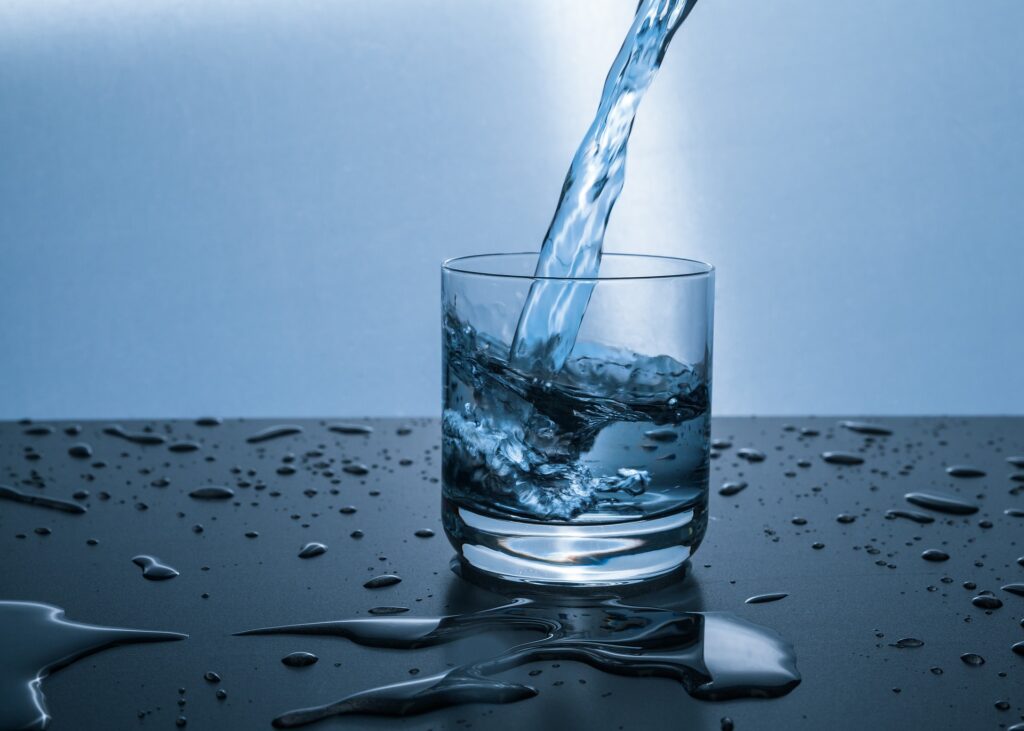
| Hydration Moment | Importance | Action |
|---|---|---|
| Before game | Start fully hydrated | 17–20 oz water 2–3 hrs before |
| During game | Avoid performance dips | 5–10 oz every 15–20 min |
| After game | Replace sweat losses | 20–24 oz per lb lost |
| Hot environments | Higher fluid loss | Increase intake + electrolytes |
Supplements in Ice Hockey
While a well-structured diet can meet most of a player’s needs, some hockey players may consider supplements during heavy training blocks, travel, or recovery windows. Always consult a sports nutritionist or healthcare provider before use.
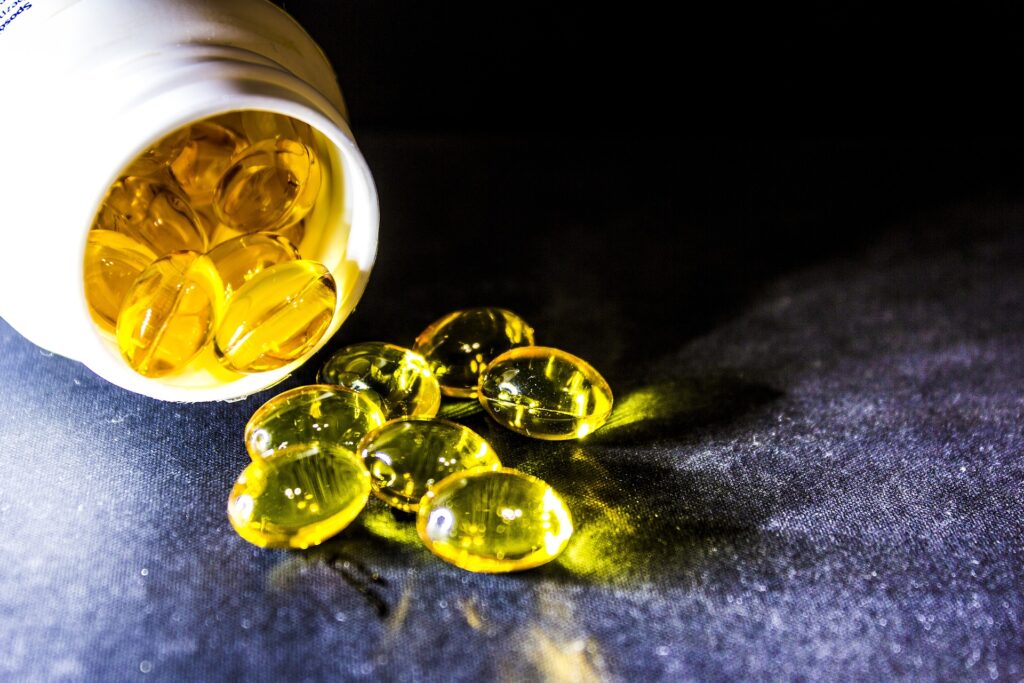
| Supplement | Purpose | Benefit | Risk |
|---|---|---|---|
| Creatine | Power + strength | Improves sprint bursts and lean mass | Water retention, cramping |
| Caffeine | Alertness + reaction | Boosts focus during play | Sleep disruption, jitters |
| Beta-Alanine | Delays fatigue | Helps with shift endurance | Tingling, GI discomfort |
| Protein Powder | Recovery | Convenient high-quality protein | Overuse = excess calories |
| Omega-3s | Inflammation control | Joint and brain support | Blood thinning (high doses) |
Smart Supplement Tips:
- Look for NSF Certified for Sport or Informed Sport labels.
- Never substitute real meals with supplements.
- Avoid mixing unknown products before a game.
Common Ice Hockey Nutrition Questions
Well-planned nutrition supports every aspect of a hockey player’s performance — from energy and reaction time to recovery and long-term durability. Below are answers to common questions based on the latest data and real-world strategies.
Why is nutrition important for hockey players?
Nutrition directly affects energy levels, muscle recovery, focus, and injury prevention. A balanced intake of carbs, protein, fats, and micronutrients helps players stay strong and sharp throughout the season.
What are the basic nutrition guidelines for hockey players?
Focus on a high-carbohydrate, moderate-protein, lower-fat structure — especially around training and game days. Fill your plate with:
- ½ carbs (pasta, rice, potatoes, oats, fruit)
- ¼ protein (chicken, fish, dairy, tofu)
- ¼ vegetables (leafy greens, peppers, carrots)
Why is protein important for hockey?
Protein supports muscle recovery after practices and games. It also helps reduce soreness and promotes lean mass development. Aim for 1.6–1.7g/kg/day, with 20–30g consumed within 30 minutes post-game.
Why do hockey players need vitamins and minerals?
Micronutrients help convert food into energy, reduce inflammation, and support immune function. Key nutrients include:
- Iron for oxygen delivery
- Vitamin D and Calcium for bone strength
- Magnesium and B-vitamins for energy metabolism
Why are fats still important?
Healthy fats like omega-3s (from salmon, flaxseed, walnuts) support brain function, hormonal balance, and endurance. They should complement — not replace — carbs and protein in a hockey diet.
What foods give you energy for hockey?
Great pre-game meals include carbs + lean protein + low fat:
- 6 oz grilled chicken
- 1.5–2 cups of rice or pasta
- Steamed vegetables or banana
Sports drinks, granola bars, or fruit are great 30–60 minutes before puck drop.
How many calories does hockey burn?
Ice hockey players can burn anywhere from 600–1,200+ calories per game, depending on intensity and position. Recovery meals should match output — especially during tournaments or double-headers.
What’s the best pre-game meal for hockey?
- Pasta with tomato sauce + grilled chicken + sports drink
- Turkey sandwich on whole grain + banana
- Rice bowl with salmon and cooked veggies
What’s the best post-game recovery plan?
- Within 30 min: Chocolate milk + PB sandwich + fruit
- Within 2 hrs: Full meal with pasta, lean protein, and healthy fats
- Rehydrate with 20–24 oz fluid per pound lost
What are the best snacks for hockey players?
- Greek yogurt + berries
- Granola bar + banana
- Trail mix (unsalted)
- Protein smoothie (milk + powder + fruit + oats)
Ready to take your ice hockey skills to the next level? Our comprehensive ice hockey goaltending guide is a must-read for aspiring goaltenders. Discover expert insights, advanced techniques, and targeted training exercises that will elevate your performance between the pipes. Want to dominate the game with impeccable body checking skills? Our in-depth body checking in hockey article will teach you proper technique, smart positioning, and effective defensive tactics. And when it comes to lighting the lamp with precision and power, our hockey shooting guide is your go-to resource for expert tips, drills, and strategies. Unleash your full potential on the ice and become a true force to be reckoned with!
Understanding the role of nutrition in ice hockey is essential for optimal performance, but it’s equally important to choose the right equipment from the best brands. Don’t miss our comprehensive guide on the top hockey brands to help you make informed decisions when selecting gear that enhances your gameplay and ensures your safety on the ice.
Final thoughts
Proper nutrition is one of the most controllable variables in a hockey player’s performance. Whether you’re training hard, competing, or recovering, a structured approach to fueling can elevate every aspect of your game. Stick to whole foods, stay hydrated, and follow timing strategies around practices and games. Supplements can fill in small gaps — but food should always come first.
By following these nutrition principles consistently — and adapting them for off-season, tournament days, or travel — players can sustain energy, improve strength, recover faster, and play at their full potential.
Master the Ice Hockey Game: Rules, Skills, and Safety!
Delve into the world of ice hockey with our comprehensive guides covering essential rules, advanced skills, skating drills, and helmet selection. Whether you want to understand the intricacies of the game, improve your skills, enhance your skating ability, or ensure safety with the right helmet, our resources are here to assist you.
- Ice Hockey Rules: A Beginner’s Guide to Understanding the Game
- Icing in Hockey: Decoding the Rule and Its Impact on Gameplay
- Ice Hockey Skills: Master Techniques to Excel in the Game
- Ice Hockey Skating Drills: Improve Your Agility and Speed on the Ice
- Types of Hockey Helmets: Choosing the Right Helmet for Safety and Performance
- A Beginner’s Guide to Ice Hockey Equipment
- Ice Hockey Tips
Equip yourself with the knowledge, skills, and safety measures necessary to excel in the ice hockey game. Stay tuned for more updates as we continue to provide valuable insights for your ice hockey journey.
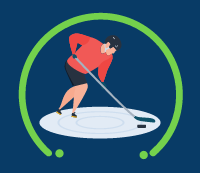
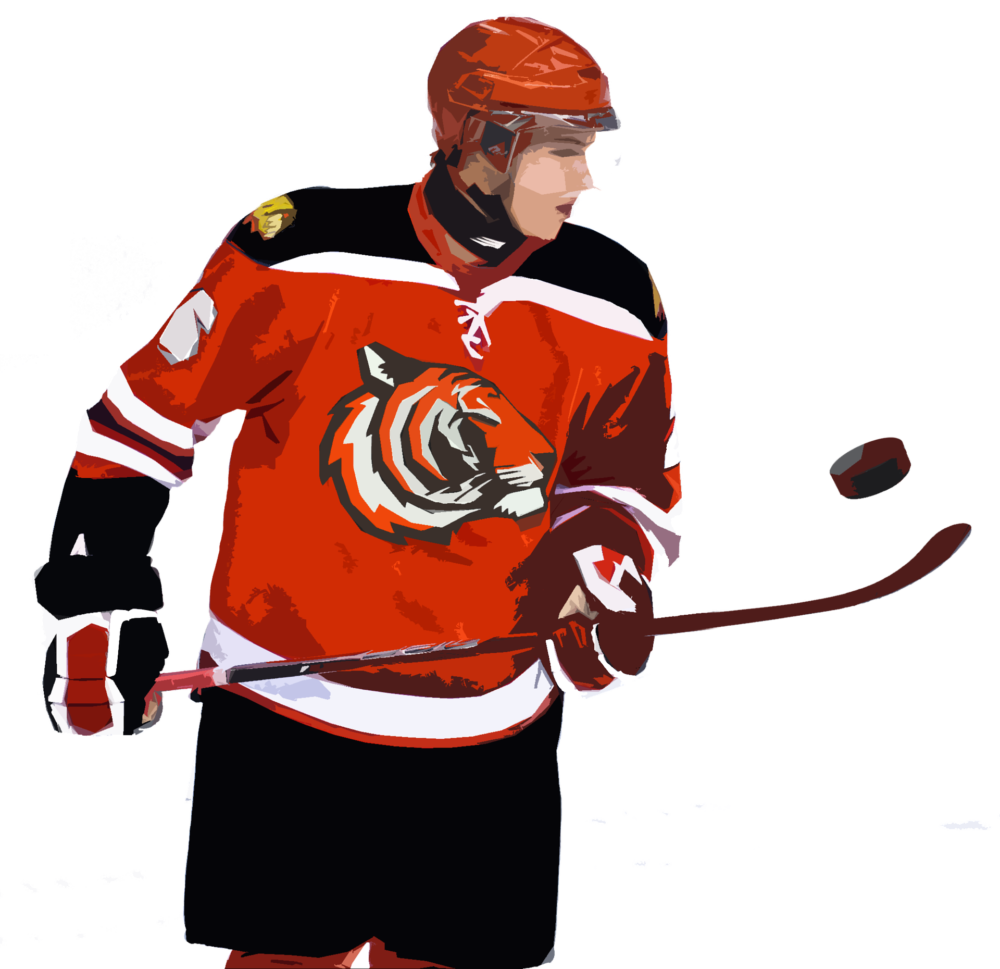
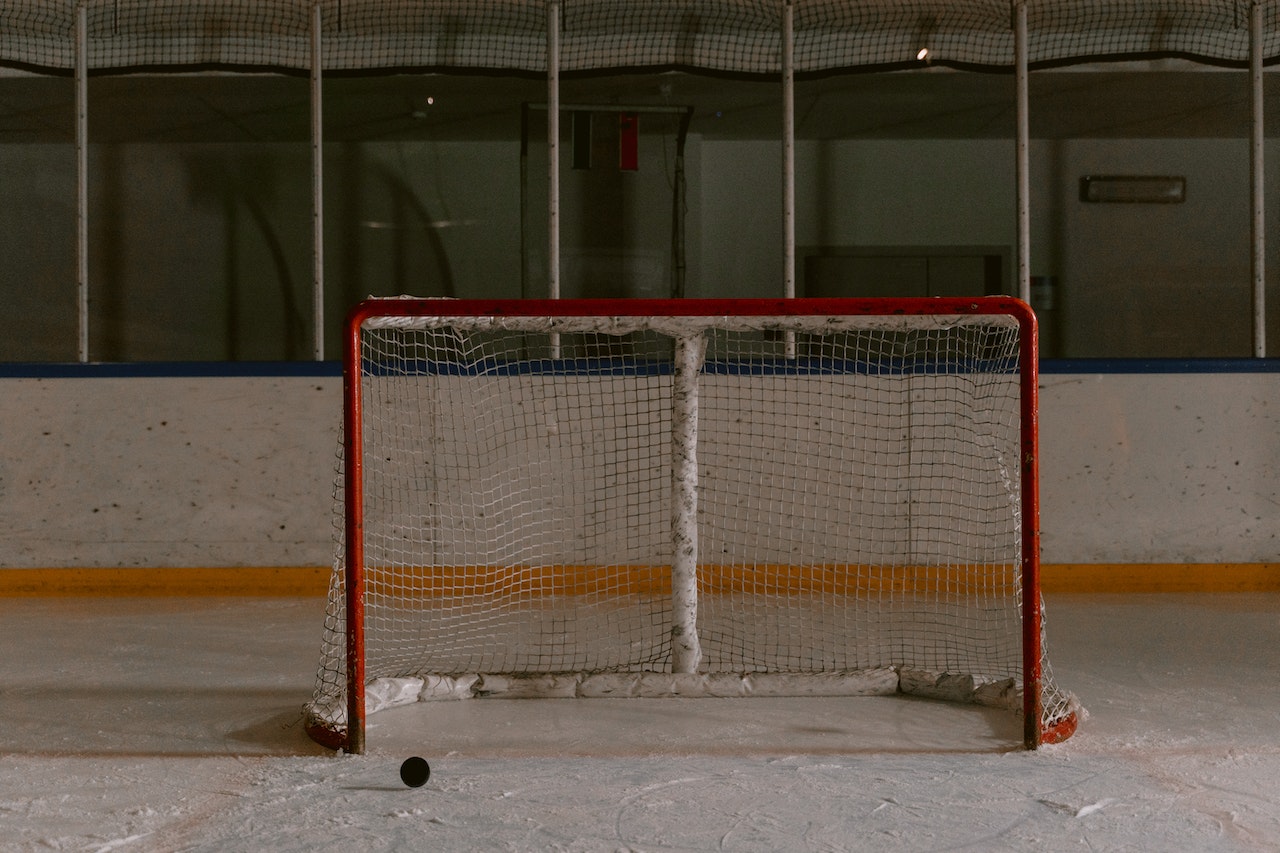
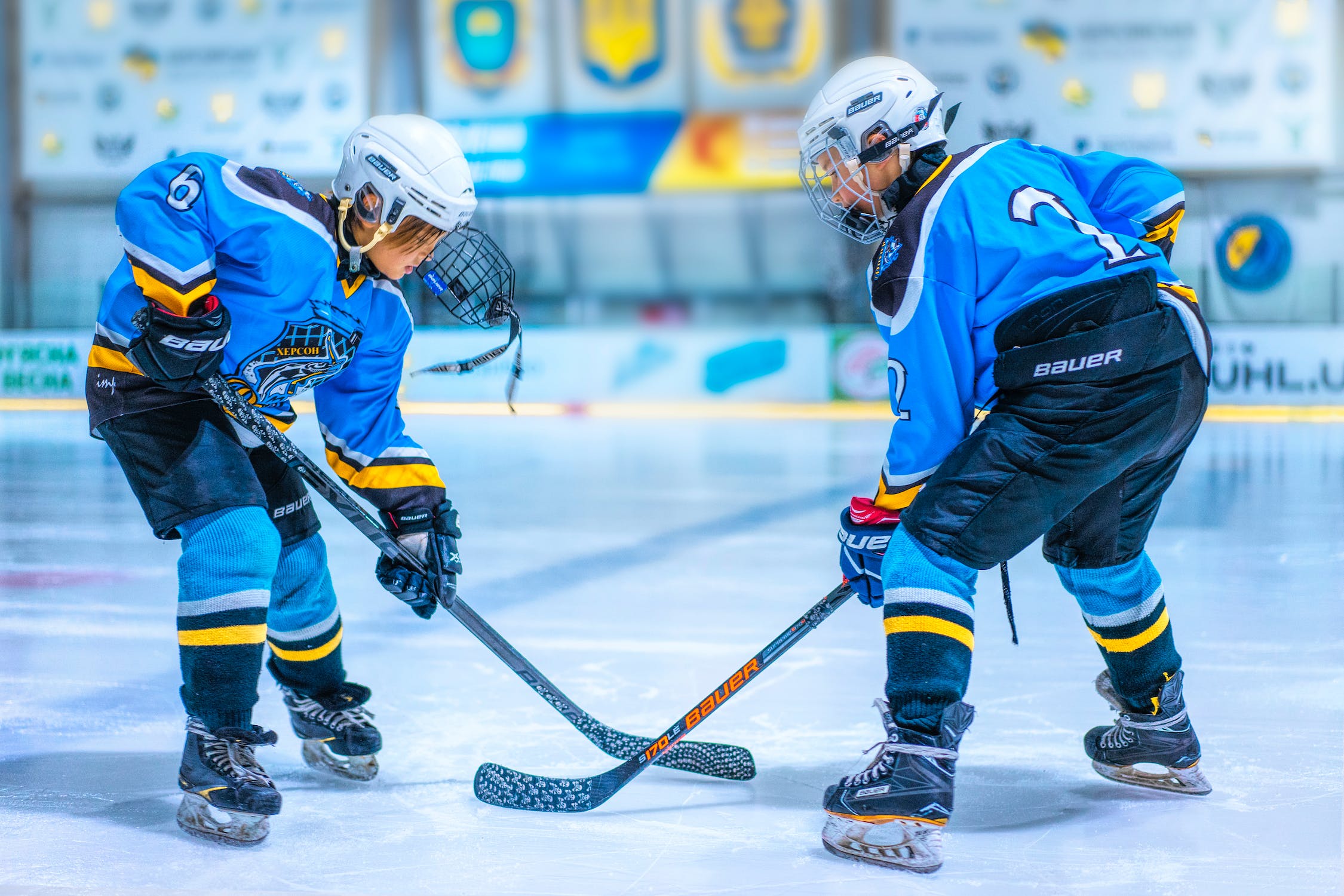
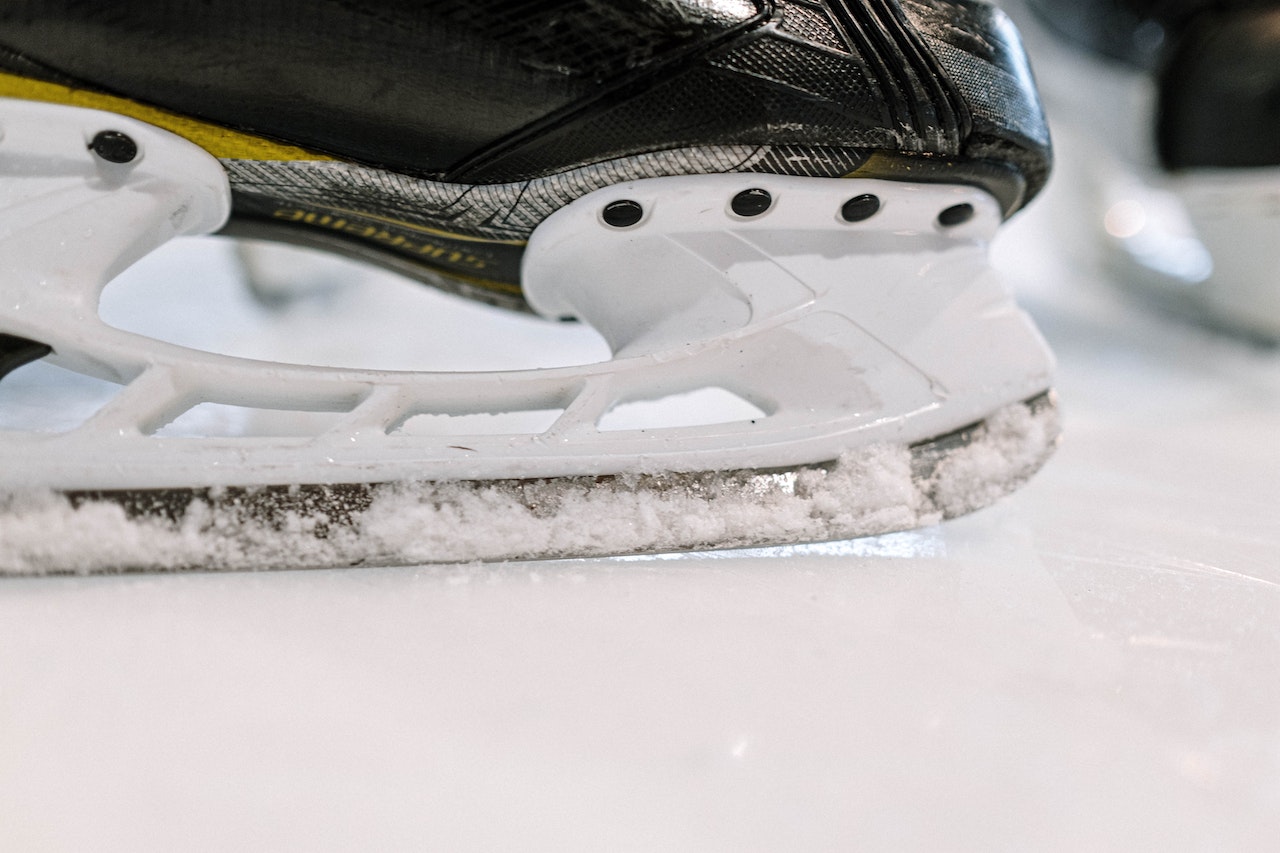
Great job, specific and straight to the point!
All the best
I’m glad to hear you enjoyed it, Mateusz. 🙂
Cheers
Shane